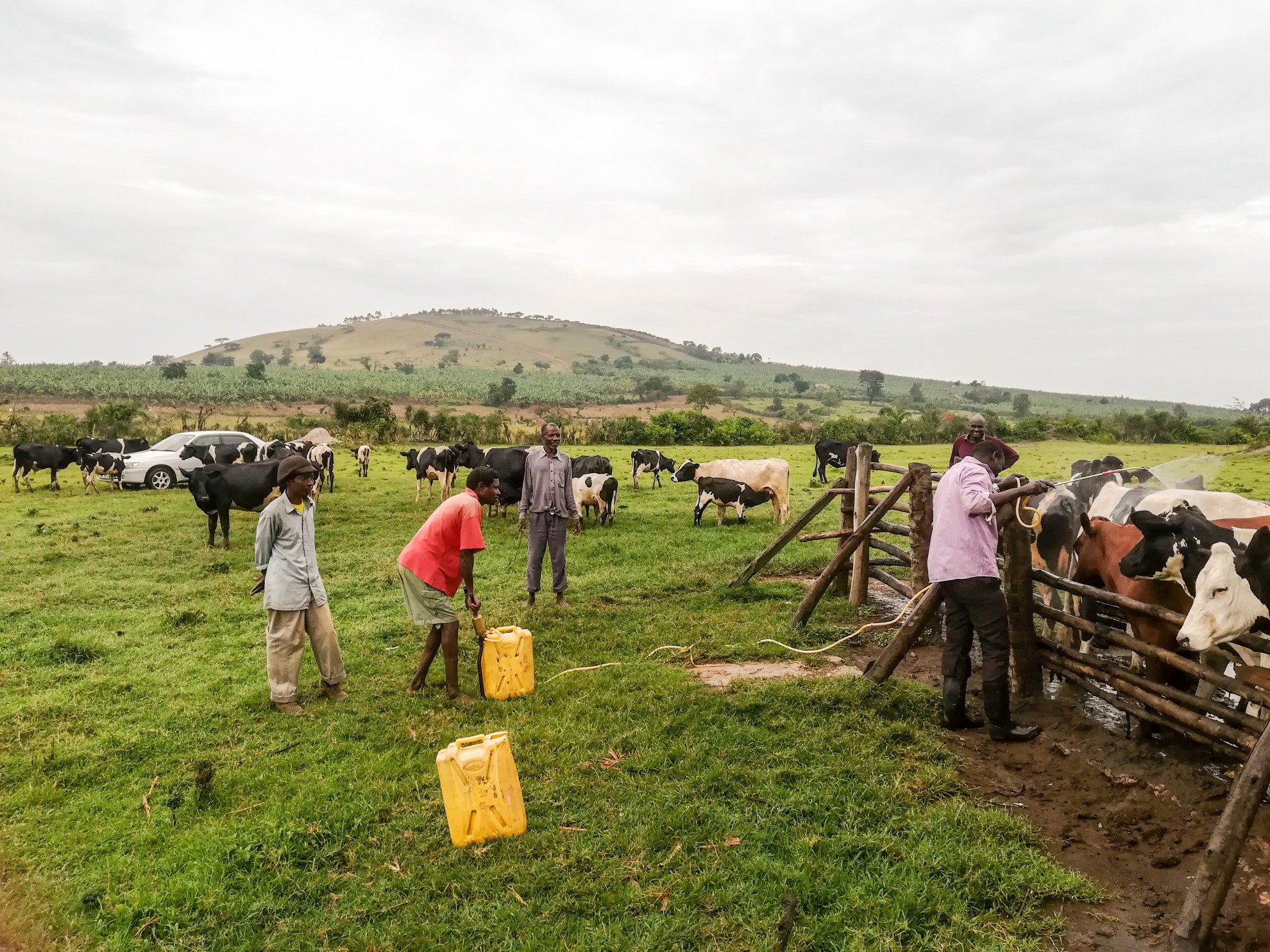News
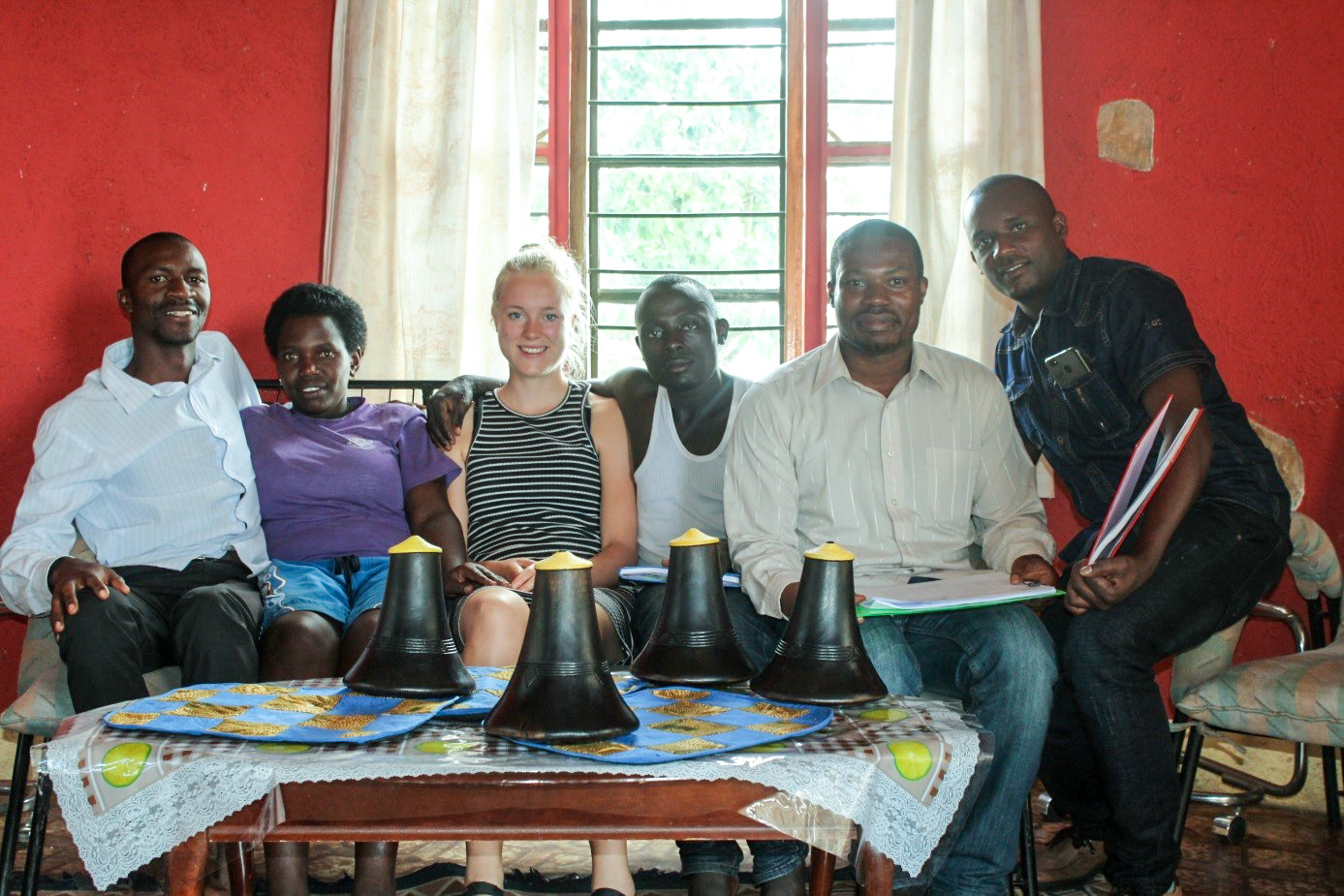
An internship with endless possibilities and new horizons
Blog from Hilleke Ketelaar about her internship at Agriterra in Uganda
Four months ago, it was the first time in my life that I set foot on the fertile African soils, in Uganda to be specific. If somebody would have told me at the moment I stepped out of the plane, all the amazing things I would be going to do the next four months, I would had never believed it.
Read more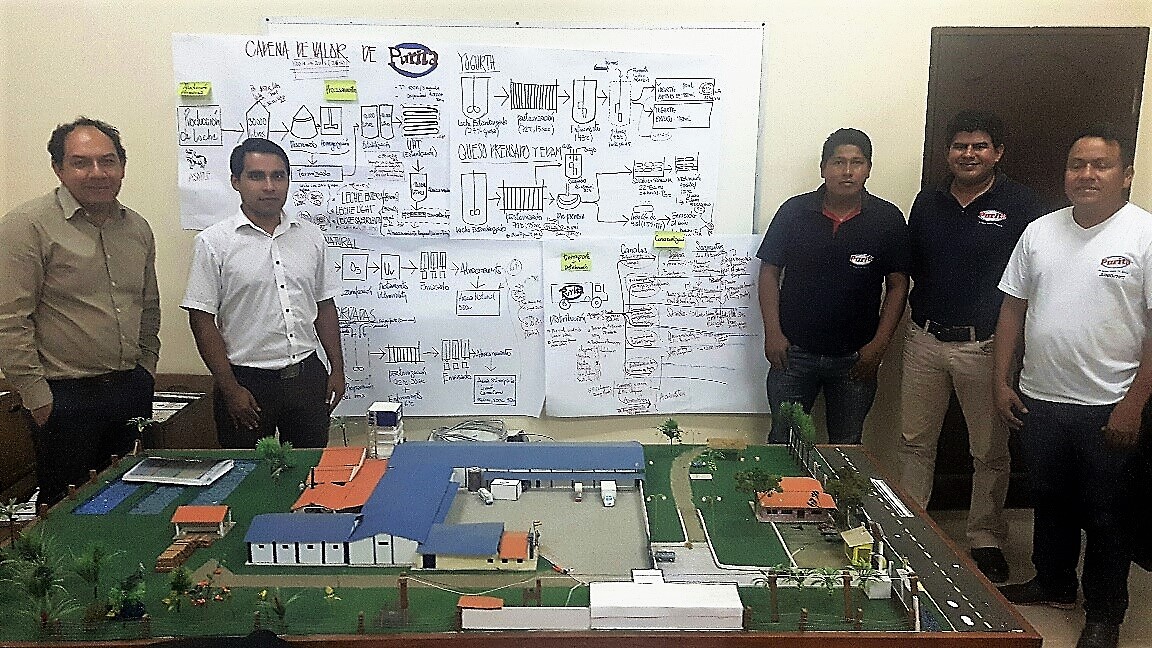
The importance of a good Company Assessment
The Company Assessment tool developed by Agriterra allows to get a deep understanding of farmers organisations to ensure the best quality and results on our advice. A good Company Assessment can show positive effects in farmers organisations in the short term.
Read more
PRESS RELEASE: Kees Blokland joins EU Task Force Rural Africa
Kees Blokland, director of Agriterra, will be a member of the new "EU Taskforce Rural Africa". This group consists of 11 experts in the field of agriculture, trade and migration, and was created by Euro commissioner Phil Hogan (Agriculture and Rural Development).
Read more
Beyond the Blockchain – Hackathon sprint sessions
Agriterra invites you to the Mauritshuis Convention ‘Beyond the blockchain‘ to shake-up your brains, to think about future trends and technologies and to look into what it can mean for your company’s business.
During this event three hackathon sprint sessions will take place, read more about them below. Would you like to know more about this event, or participate in the hackathon speed sessions? Read more and sign up here!
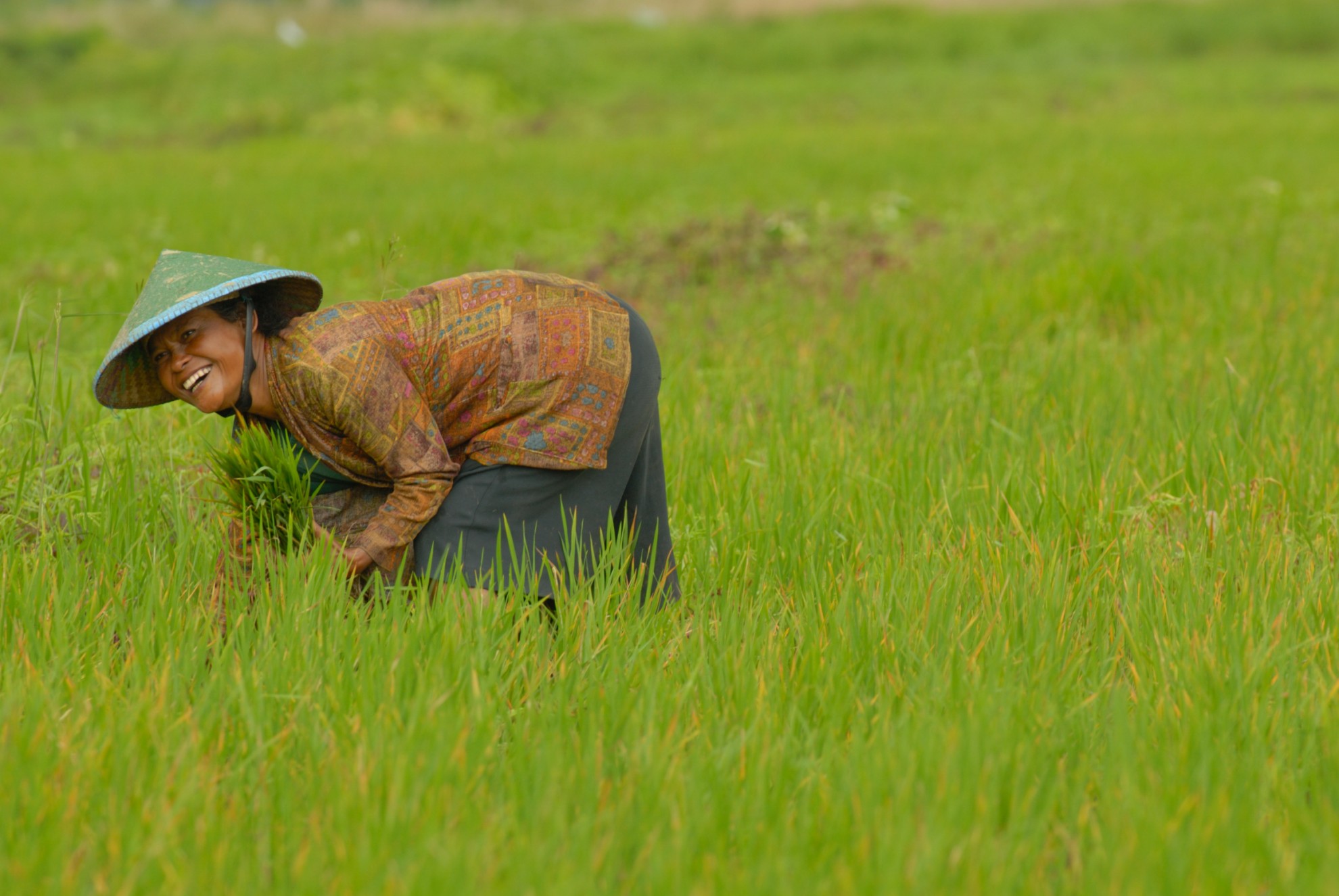
The Role of Agricultural Cooperatives in Helping Reduce Poverty in Asia and the Pacific
Learning with Partners (Asian Farmers' Association, AgriTerra, and AsiaDHRRA)
Agriterra founder and managing director Kees Blokland will speak at the Asian Development Bank session in Manila on the 4th of May about how agricultural cooperatives can help to reduce poverty in Asia and the Pacific. The session will discuss initiatives and approaches to supporting and strengthening agricultural cooperatives, including the importance of lobbying and advocacy by farmers' organisations to help improve the enabling environment for cooperative business.
Read more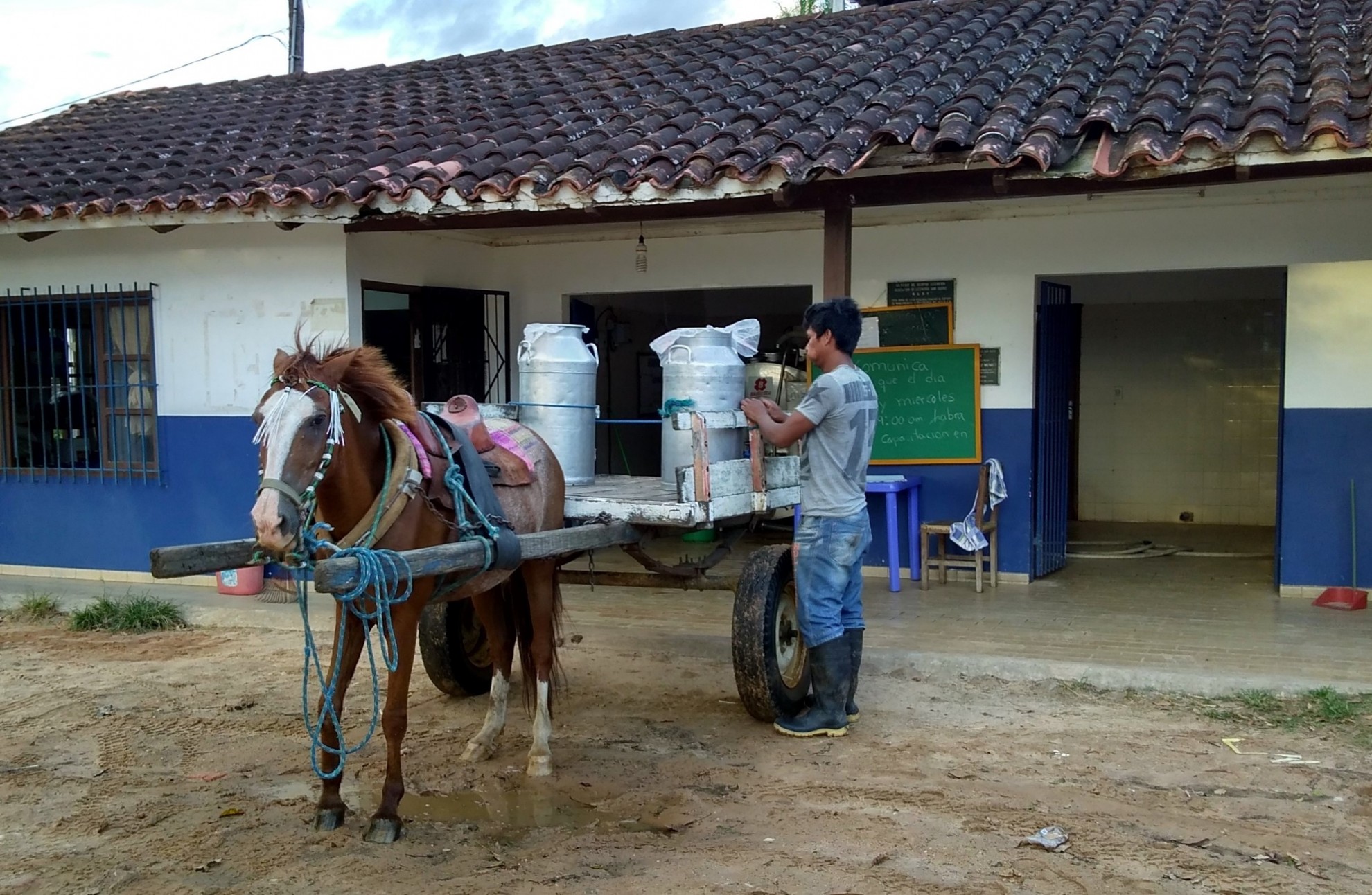
We are what we eat
The Federation of Dairy Farmers of Santa Cruz (FEDEPLE), which represents 9 associations and 900 dairy farmers, organised four costs record keeping workshops with the support of Agriterra. During the training farmers found that the cost record keeping is a marginal practice among them and that the dairy farm management in the region still maintains a high component of intuition and tradition.
Read more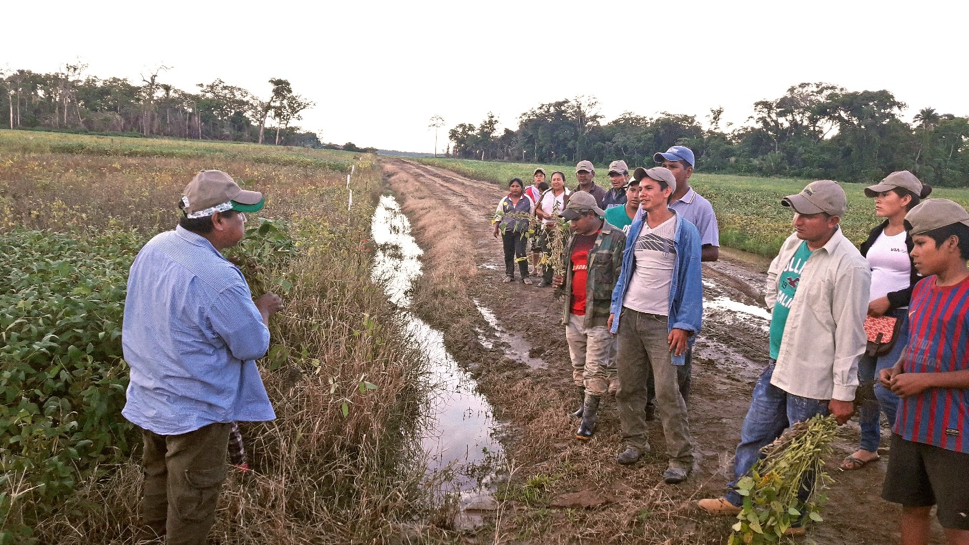
Rural vitality or facts about rural youngsters in Bolivia
In the next decade, a large part of the rural population of Bolivia will be adults and seniors. The imminent process of metropolization confirms and deepens that reality. Systematically, fields are emptying, expelling its most valuable capital, young men and women. Between 1950 and 2012 the rural population of Bolivia decreased from 74% to 33% (INE, 2015). In the same period, urban population grew from 26% to 67%. At the national level, 25% are young, but rural youth stands for only 14% of the country's youth.
Read more